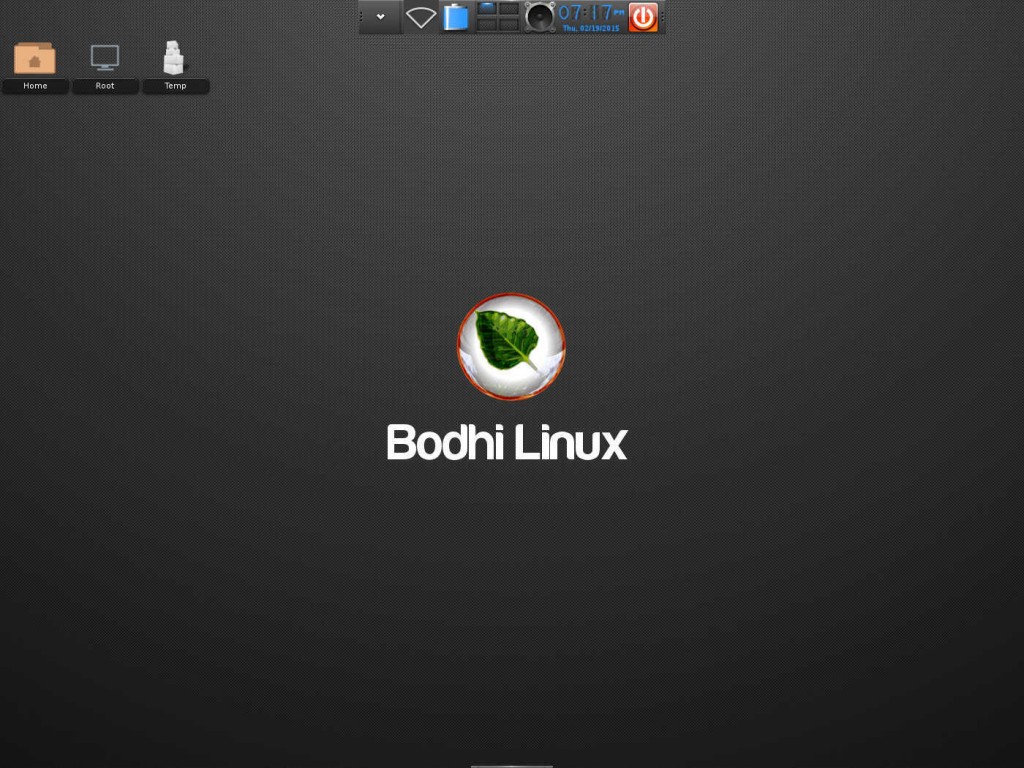FOSS Week in Review
As the week finally becomes Friday, here are a few things that deserve mentioning in the FOSS realm:
Bodhi Chromebook Giveaway: What’s better than having a Chromebook? Having a Chromebook with Bodhi installed on it, of course. We’ll let Jeff Hoogland explain:
“Whenever I am done working with development hardware I picked up for Bodhi Linux, instead of letting it rot in the corner of my basement I would prefer to give it back to our users,” Hoogland writes in a post on the Bodhi website describing the giveaway. “Last year we gave away an ARM powered Samsung Chromebook and this year I find myself with a spare Acer C720 Chromebook after recently upgrading to the i3 based version.”
 So on May 15, some lucky Bodhi contributor — key word here is “Bodhi contributor” — will receive “a gently used Acer C720 Chromebook powered by Bodhi Linux.”
So on May 15, some lucky Bodhi contributor — key word here is “Bodhi contributor” — will receive “a gently used Acer C720 Chromebook powered by Bodhi Linux.”
Says Jeff: “If you have already donated or contributed to the Bodhi project in 2015 no extra effort is needed on your part. If you have been thinking about getting involved or sending a donation our way now is a fantastic time to do as you might end up getting something back!”
Details on the giveaway are on the Bodhi site.



 Evolution, not revolution, to match users’ needs: That is what’s behind the process the Xfce team uses in developing their desktop environment. So, despite what some consider a long time between releases, Xfce released version 4.12 last week, a new stable version that supersedes Xfce 4.10.
Evolution, not revolution, to match users’ needs: That is what’s behind the process the Xfce team uses in developing their desktop environment. So, despite what some consider a long time between releases, Xfce released version 4.12 last week, a new stable version that supersedes Xfce 4.10.


 Well, much of the focus for the week was on the Federal Communications Commission vote on increased net neutrality protections, and according to rational news sources reporting on the issue (e.g., just about everyone but Fox News and their wannabes), this is a good thing.
Well, much of the focus for the week was on the Federal Communications Commission vote on increased net neutrality protections, and according to rational news sources reporting on the issue (e.g., just about everyone but Fox News and their wannabes), this is a good thing.


